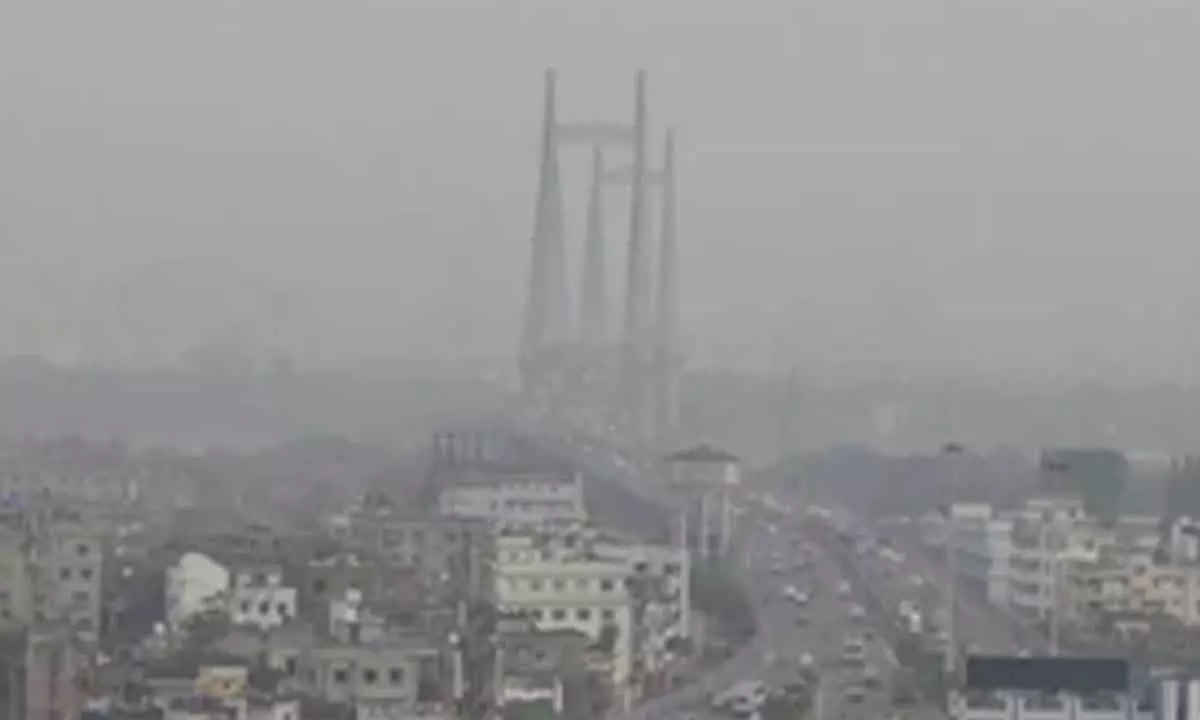Delhi’s Air Quality Hits Hazardous 500 Mark: Pollution Crisis Disrupts Life and Health

The pollution levels in Delhi reached a dangerously high point, sparking growing concern among residents and officials.
On Tuesday evening, the city's Air Quality Index (AQI) surged to an alarming 500, which is considered "severe" on the scale.
For nearly a week, thick fog has blanketed the National Capital Region (NCR) and nearby areas, making the pollution even worse.
The combination of heavy smog and poor visibility has already led to the cancellation of numerous flights, further disrupting travel. On the ground, daily life has been severely affected, with many Delhiites finding it difficult to breathe in the hazardous air.
The situation has prompted the government to issue urgent advisories, urging people to stay indoors and minimize outdoor activities.
To protect public health, several colleges and universities, including Delhi University, have switched to online classes.
According to the Central Pollution Control Board (CPCB), areas like Anand Vihar, Ashok Vihar, Bawana, Jahangirpuri, and Major Dhyan Chand Stadium recorded AQI levels of 500 as early as 5 am on Tuesday.
This represents the highest possible level on the AQI scale, indicating that the air quality is so poor that even healthy individuals are at risk of health problems, while those with existing respiratory or heart conditions face even greater danger.
This extreme pollution is not a new problem for Delhi, but the recent spike has made it clear that urgent action is needed.
Factors such as traffic emissions, industrial pollution, and crop burning in nearby states have all contributed to the toxic air.
It’s a reminder that addressing Delhi's air quality crisis will require not just short-term measures, like these online classes and advisories, but long-term solutions focused on cleaner air and more sustainable practices across the city.


